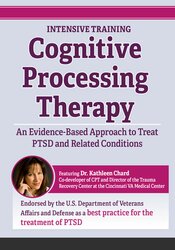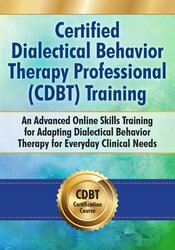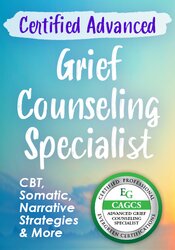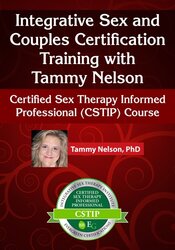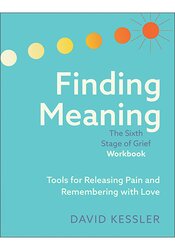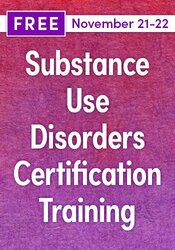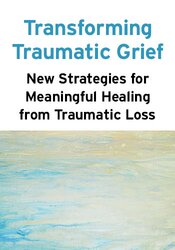Flexible, self-paced learning—no fixed schedule required.
What Are Perinatal Mood and Anxiety Disorders?
July 1, 2024
Authors of The Perinatal Patient Hilary Waller, LPC, and Karen Kleiman, MSW, LCSW, share a printable infographic with some of the diagnostic features for each mood and anxiety disorder providers may encounter with their postpartum clients.

When we talk with women about what they fantasized becoming a mother would feel like, most expected to feel overwhelmed in both wonderful and frightening ways. This expectation is reasonable. Becoming a mother does welcome women into a world of both extraordinary wonder and intense fear. However, few mothers expect to feel more disappointed, helpless, and hopeless than anyone else could possibly understand, let alone help.
In turn, when the fear that something is wrong descends upon them, mothers frantically look for ways to help themselves – desperate to maintain the illusion that everything is okay. At first, this is not a bad thing. Mild perinatal distress responds well to self-help and social support. However, when the distress becomes too intense and prolonged, it can move into the realm of perinatal mood and anxiety disorders.
In this free infographic straight from The Perinatal Patient, we explore perinatal mood and anxiety disorders in detail and provide insight into the unique symptom profile for each type of disorder. As a provider, consider how you will convey the information in this infographic to your patients. You may provide them with relevant worksheets, develop talking points or a class from its content, or even decide to share this infographic in its entirety.
As a reminder, this infographic and The Perinatal Patient: A Compassionate Approach to Treating Postpartum Depression, Anxiety, and Related Disorders do not serve as diagnostic tools, but they do aim to empower providers to help mothers in distress as well as empower mothers to talk to someone who can help them sort out what they are experiencing.
In turn, when the fear that something is wrong descends upon them, mothers frantically look for ways to help themselves – desperate to maintain the illusion that everything is okay. At first, this is not a bad thing. Mild perinatal distress responds well to self-help and social support. However, when the distress becomes too intense and prolonged, it can move into the realm of perinatal mood and anxiety disorders.
In this free infographic straight from The Perinatal Patient, we explore perinatal mood and anxiety disorders in detail and provide insight into the unique symptom profile for each type of disorder. As a provider, consider how you will convey the information in this infographic to your patients. You may provide them with relevant worksheets, develop talking points or a class from its content, or even decide to share this infographic in its entirety.
As a reminder, this infographic and The Perinatal Patient: A Compassionate Approach to Treating Postpartum Depression, Anxiety, and Related Disorders do not serve as diagnostic tools, but they do aim to empower providers to help mothers in distress as well as empower mothers to talk to someone who can help them sort out what they are experiencing.
Digital Seminar:
Postpartum Depression & Related Disorders: Clinical Strategies to Identify and Treat Parents Who Are Suffering in Silence
Postpartum Depression & Related Disorders: Clinical Strategies to Identify and Treat Parents Who Are Suffering in Silence

It’s not a topic that comes up at play groups or over coffee. Instead, new parents suffer quietly, engulfed in shame and secrecy, afraid to dispel the ever-present myths about parenthood - “everything is perfect,” “I love being a parent,” and “this is the happiest time of my life.”
Watch this compelling one-day seminar and gain tools to intervene during a critical period that does not offer the luxury of time. Postpartum parents are exceptionally vulnerable, as are their infants who are fully dependent on them. This seminar is a must-attend for any professional working with pregnant or postpartum parents.
Watch this compelling one-day seminar and gain tools to intervene during a critical period that does not offer the luxury of time. Postpartum parents are exceptionally vulnerable, as are their infants who are fully dependent on them. This seminar is a must-attend for any professional working with pregnant or postpartum parents.
The Perinatal Patient

Caught between worrying about how she feels and desperately working to portray the image of a good mother, a perfect mother, a mother who knows what she’s doing, the postpartum woman in distress is more likely to choose silence or minimization over disclosure.
She will allow her suffering – her dark mood, scary intrusive thoughts, intense anxiety, excessive monitoring of the baby, feelings of inadequacy, grief over lost independence, thoughts of harming herself or the baby, and even delusions and hallucinations – to fly under the radar in exchange for a calm and collected exterior. Even if she’s worried about how she feels. Even if she and her baby are in danger.
The Perinatal Patient seeks to change that. Co-written by world-renowned maternal mental health expert Karen Kleiman and her highly accomplished mentee at The Postpartum Stress Center, Hilary Waller, this book offers revolutionary, compassionate guidance into the nuanced assessment and treatment of mental health symptoms postpartum – a critical period that does not offer the luxury of time.
She will allow her suffering – her dark mood, scary intrusive thoughts, intense anxiety, excessive monitoring of the baby, feelings of inadequacy, grief over lost independence, thoughts of harming herself or the baby, and even delusions and hallucinations – to fly under the radar in exchange for a calm and collected exterior. Even if she’s worried about how she feels. Even if she and her baby are in danger.
The Perinatal Patient seeks to change that. Co-written by world-renowned maternal mental health expert Karen Kleiman and her highly accomplished mentee at The Postpartum Stress Center, Hilary Waller, this book offers revolutionary, compassionate guidance into the nuanced assessment and treatment of mental health symptoms postpartum – a critical period that does not offer the luxury of time.


